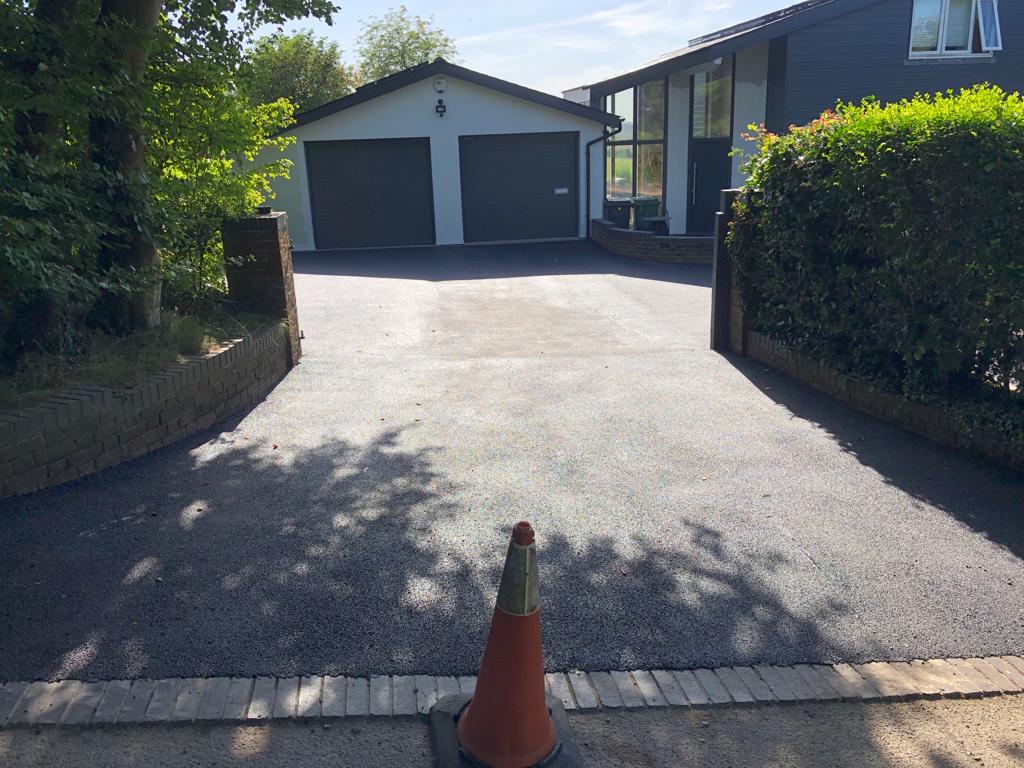Introduction: Grading, or the levelling and contouring of land surfaces, is a critical aspect of construction and landscaping, especially when dealing with sloped terrain. At Craigieburn Road Tech, we understand the importance of proper grading to ensure stability, drainage efficiency, and aesthetic appeal. Let’s delve into essential considerations for grading sloped surfaces in the UK.
Importance of Proper Grading
- Erosion Control: Effective grading helps prevent soil erosion on sloped surfaces by directing water away from vulnerable areas and promoting proper drainage.
- Structural Integrity: Properly graded surfaces enhance the stability of structures such as roads, driveways, and retaining walls, reducing the risk of settlement and structural damage over time.
- Water Management: Correct grading facilitates efficient water runoff, preventing puddling and water accumulation that can undermine surface stability and cause waterlogging.
Considerations for Sloped Surface Grading
- Site Evaluation: Conduct a thorough site assessment to identify natural drainage patterns, soil composition, and any issues affecting grading decisions.
- Slope Gradient: When planning grading, consider the steepness of the slope (gradient). Steeper slopes require more aggressive grading techniques to prevent erosion and ensure stability.
- Runoff Control: Design grading to direct surface runoff away from structures and towards designated drainage areas, such as swales or stormwater management systems.
Techniques for Effective Grading
- Cut and Fill: Adjust the elevation of the land by cutting into higher areas (cut) and using the excavated soil to fill in lower areas (fill), creating a more level surface.
- Terracing: Implement terracing on steep slopes to create multiple-level surfaces. This reduces the slope gradient and enhances stability while allowing for landscaping and planting.
- Contouring: Follow the land’s natural contours to minimise soil disturbance and maintain the aesthetic integrity of the landscape while ensuring proper drainage.
Environmental and Regulatory Considerations
- Environmental Impact: Ensure grading practices comply with environmental regulations to protect the area’s natural habitats, water quality, and biodiversity.
- Permits and Approvals: Obtain necessary permits and approvals from local authorities before grading work, especially on environmentally sensitive or protected land.
Professional Grading Services
- Expertise and Equipment: Utilise the expertise of professional grading services equipped with advanced machinery and tools for accurate and efficient grading on sloped surfaces.
- Quality Assurance: Engage with reputable contractors who adhere to industry standards and best practices, ensuring durable and sustainable grading solutions.
Conclusion: Effective grading of sloped surfaces is crucial for maintaining stability, promoting drainage, and enhancing outdoor spaces’ overall usability and safety.
Call us on: 03 4159 2883
Click here to find out more about Craigieburn Road Tech
Click here to complete our contact form and see how we can help you with your road needs.

